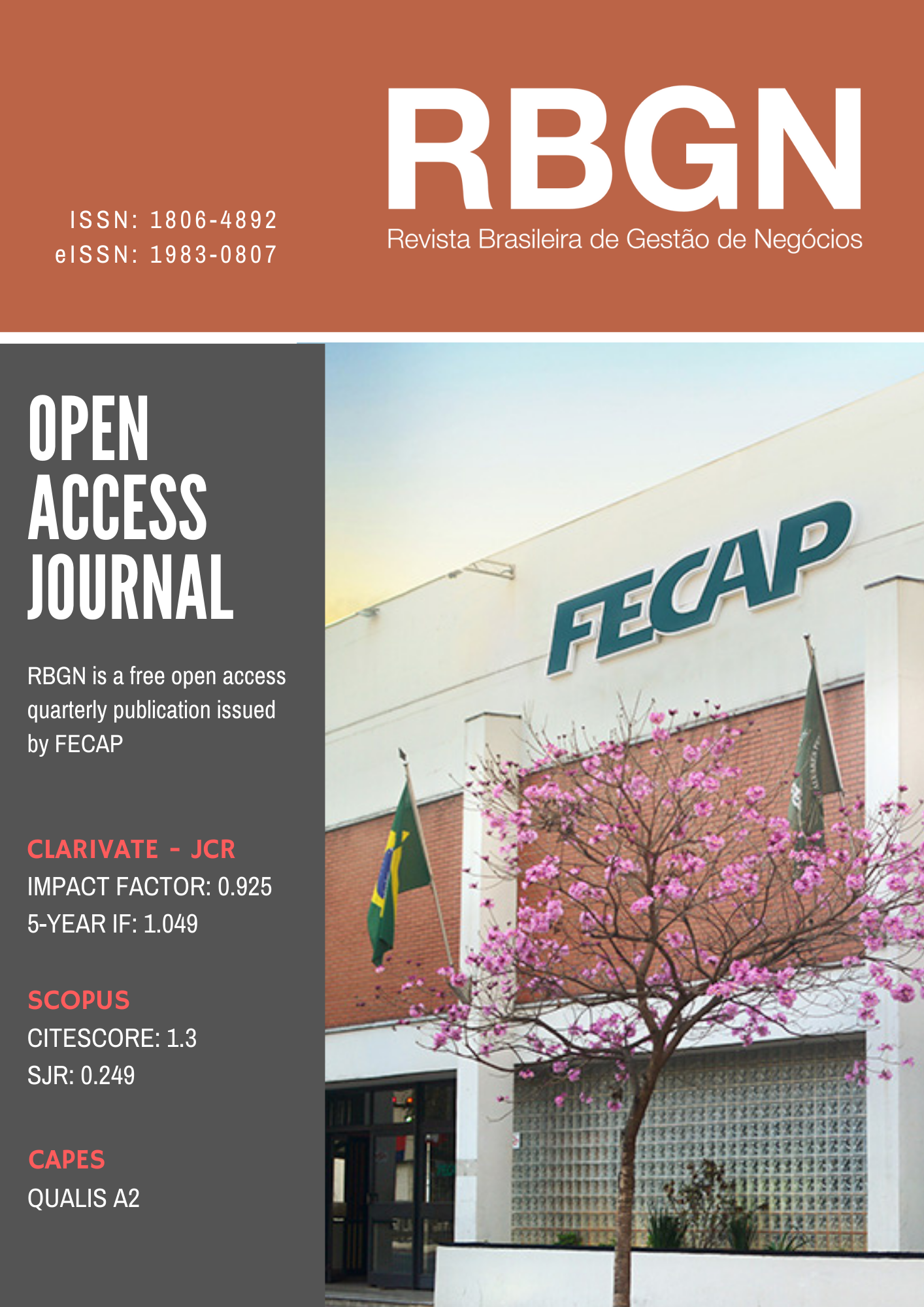Resumen
Purpose – We aim to understand how small business owners develop innovations.
Theoretical framework – We adopt social cognitive theory to understand innovative activities in small businesses. We draw on Schumpeter’s work to understand how owners may develop innovations and how an owner-centered approach to innovation should take form.
Design/methodology/approach – We conducted a multiple case study in small businesses from different traditional sectors. We conducted in-depth semi-structured interviews with the participants and we accessed data from social networks such as the Facebook and Instagram fan pages of the businesses.
Findings – The results explain what drives business owners towards innovation and what affects the innovation structure of their businesses. These results are expressed through the antecedents of innovation that emerged from the field and may help in explaining the differences between innovative small businesses and non-innovative small businesses.
Research Practical & Social implications – We developed an approach designed for studying innovation within the context and reality of small businesses. In order to contribute to the development of innovations in forgotten businesses, we have listed some recommendations for supporting agencies, government bodies, and researchers alike.
Originality/value – Small business innovation is influenced by the owner’s propensity to recognize and act on opportunities. Therefore, the owner can guide the innovation activity in a small business and this needs to be considered by researchers.
Keywords – Innovation. Model. Small Business. Owner.
Una vez aprobada la publicación del artículo, el/los autor/es cede/n los derechos de copyright a la Revista Brasileira de Gestão de Negócios – RBGN.
Es OBLIGATORIO que los autores envíen a la RBGN el formulario de Cesión de Derechos de Autor debidamente cumplimentado y firmado según el modelo: [Derechos de autor]
Las condiciones de la Cesión de Derechos de Autor indican que la Revista Brasileira de Gestão de Negócios – RBGN goza a título gratuito y en carácter definitivo de los derechos de autor patrimoniales de los artículos publicados por ella. A pesar de la Cesión de los Derechos de Autor, la RBGN faculta a los autores al uso de estos derechos sin restricciones.
Los autores se responsabilizan de los textos publicados en la RBGN.
La RBGN adopta el modelo de licencia CC-BY Creative Commons Attribution 4.0, permitiendo la redistribución y reutilización de los artículos garantizando que la autoría esté debidamente acreditada.


